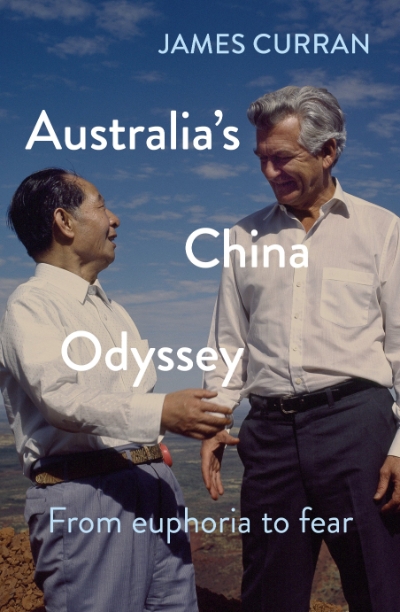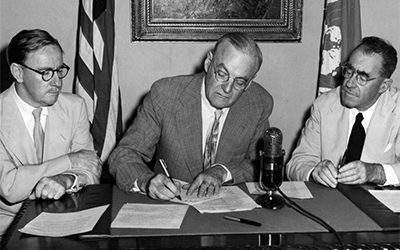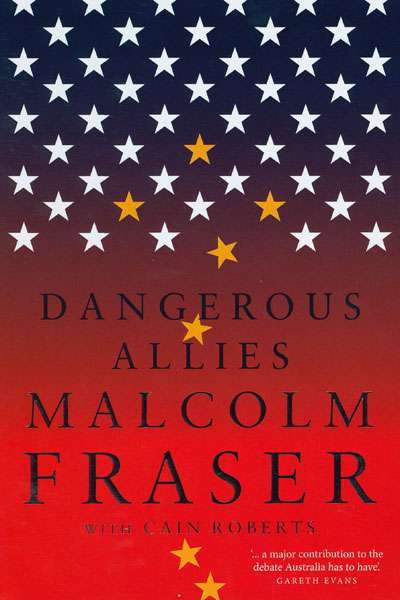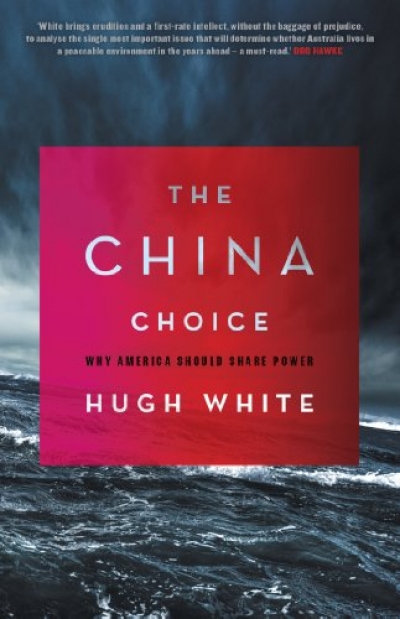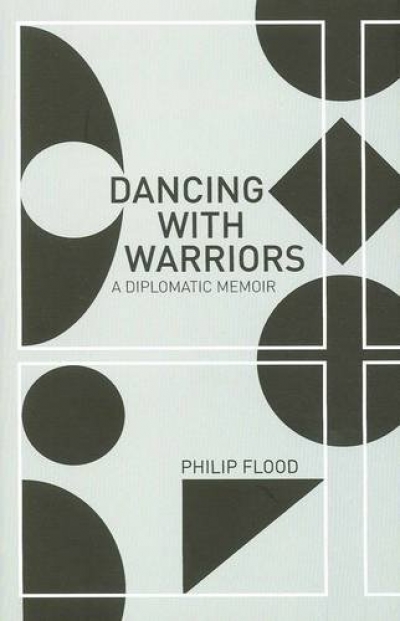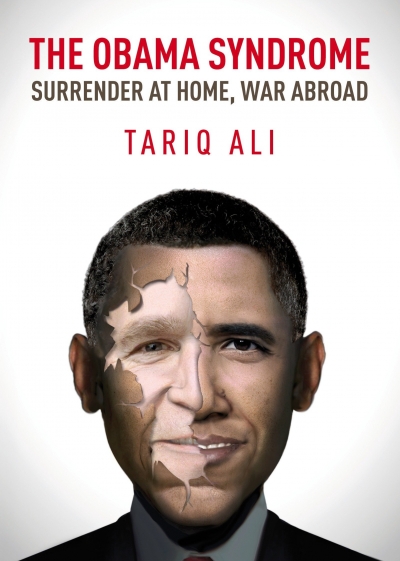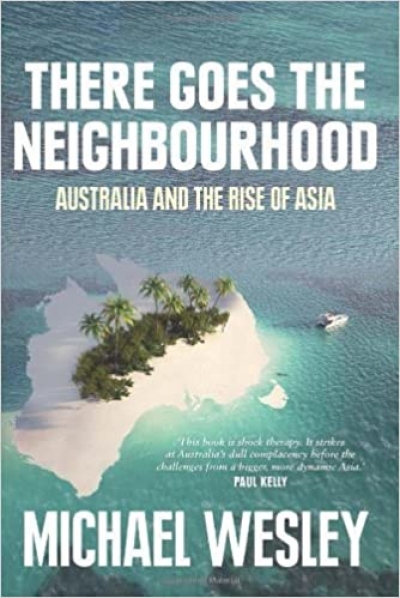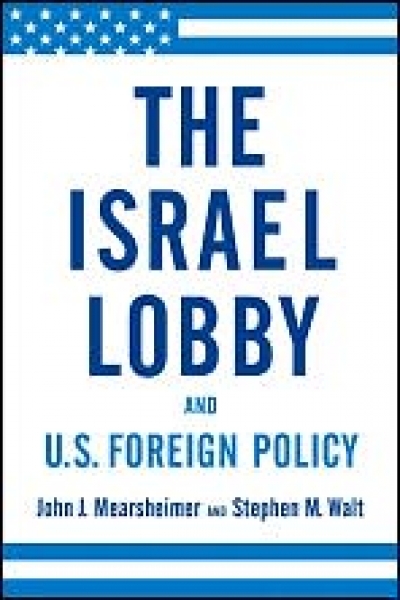Foreign Policy
Diplomatic Witness: Australian foreign affairs 1941-1947 by Paul Hasluck
Australia’s fraught journey with China continues. The Albanese government now wrestles with the same harsh global and regional realities as its predecessors. The crisis brought about by US House of Representatives Speaker Nancy Pelosi’s visit to Taiwan in early August now appears to have ruptured much of the initial attempts on both the Australian and Chinese sides to at least begin talking to each other again.
... (read more)Australia’s China Odyssey: From euphoria to fear by James Curran
Surely it wasn’t meant to be like this. In early September, Prime Minister Scott Morrison was set to attend a lavish ceremony in Washington to mark the seventieth anniversary of the signing of the ANZUS Treaty. On the same trip, he was due to sit down in person for the first time with his US, Indian, and Japanese counterparts, fellow members of the ‘Quadrilateral Security Dialogue’, or ‘Quad’, a gathering primed to be a regional counterweight to China.
... (read more)

